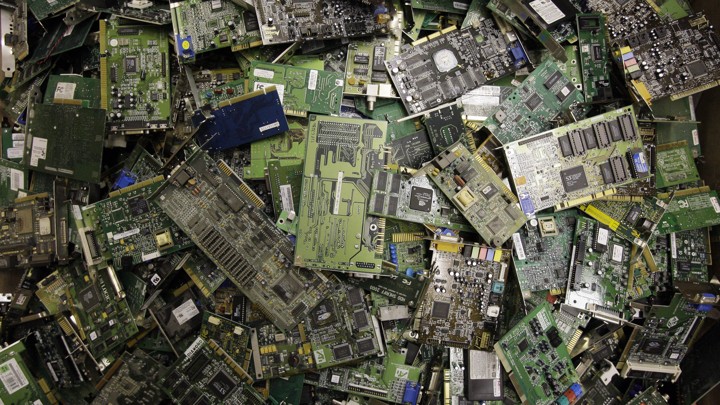New Delhi: Seven out of every 10 individuals in India are vulnerable to data breach and privacy risks while disposing of their old storage devices, according to a new report.
The residual data can easily fall into the wrong hands, and can lead to identity thefts, financial frauds, personal security threats and user privacy issues, warned the report by Gurugram-headquartered data care expert Stellar Information Technology Pvt Ltd.
Businesses can be vulnerable to data theft and misuse of business-critical information like financial reports, trade agreements, intellectual property, business intelligence and trade secrets to name a few, said the “Stellar Second-Hand Electronic Device” study.
“This lack of awareness among customers at large can lead to an alarming rise in acts of cybercrime. It also underlines the acute importance of adoption of data sanitisation procedures by individuals and organisations as a safeguard at time of disposal of old IT assets,” Manoj Dhingra, Co-founder and Director, Domestic Business, Stellar, said in a statement.
“The Personal Data Protection Bill 2018, when approved as a law could trigger development of a secure ecosystem leading to high awareness and risk mitigation actions by consumers and organisations,” Dhingra added.
The study analysed over 300 used devices comprising hard drives, memory cards and mobile phones at Stellar’s laboratory.
The devices analysed in the study were procured from individuals, online portals and resellers across multiple locations.
The analysis of the world’s largest study on residual data in second-hand devices revealed that 71 per cent of these devices contained personal data, personally identifiable information (PII) and sensitive business information.
The study highlights the importance of using secure data wiping methods at the time of selling old storage devices.
—IANS
